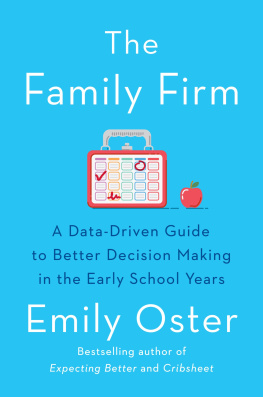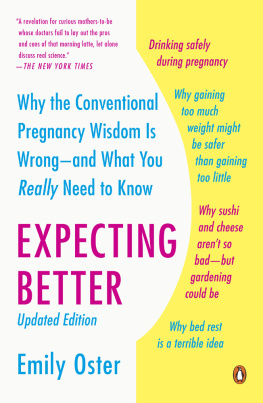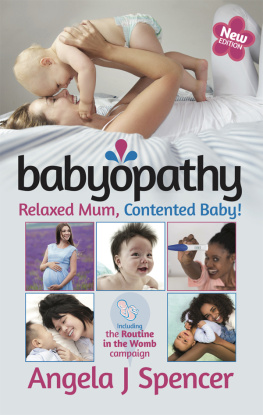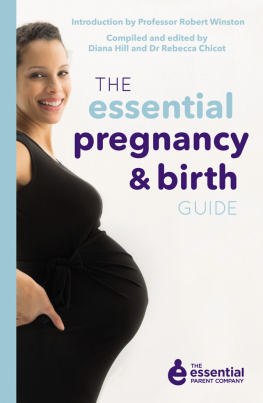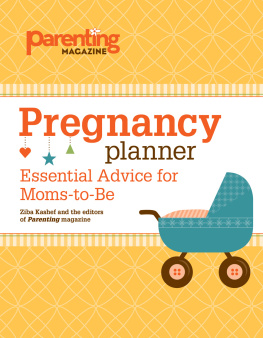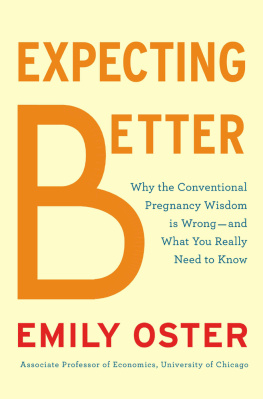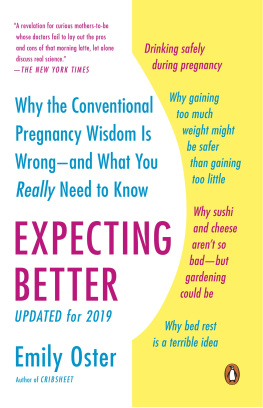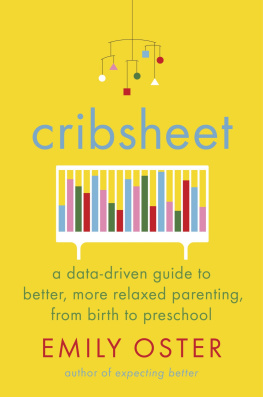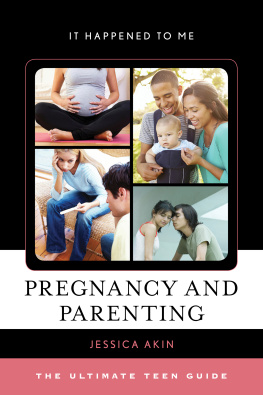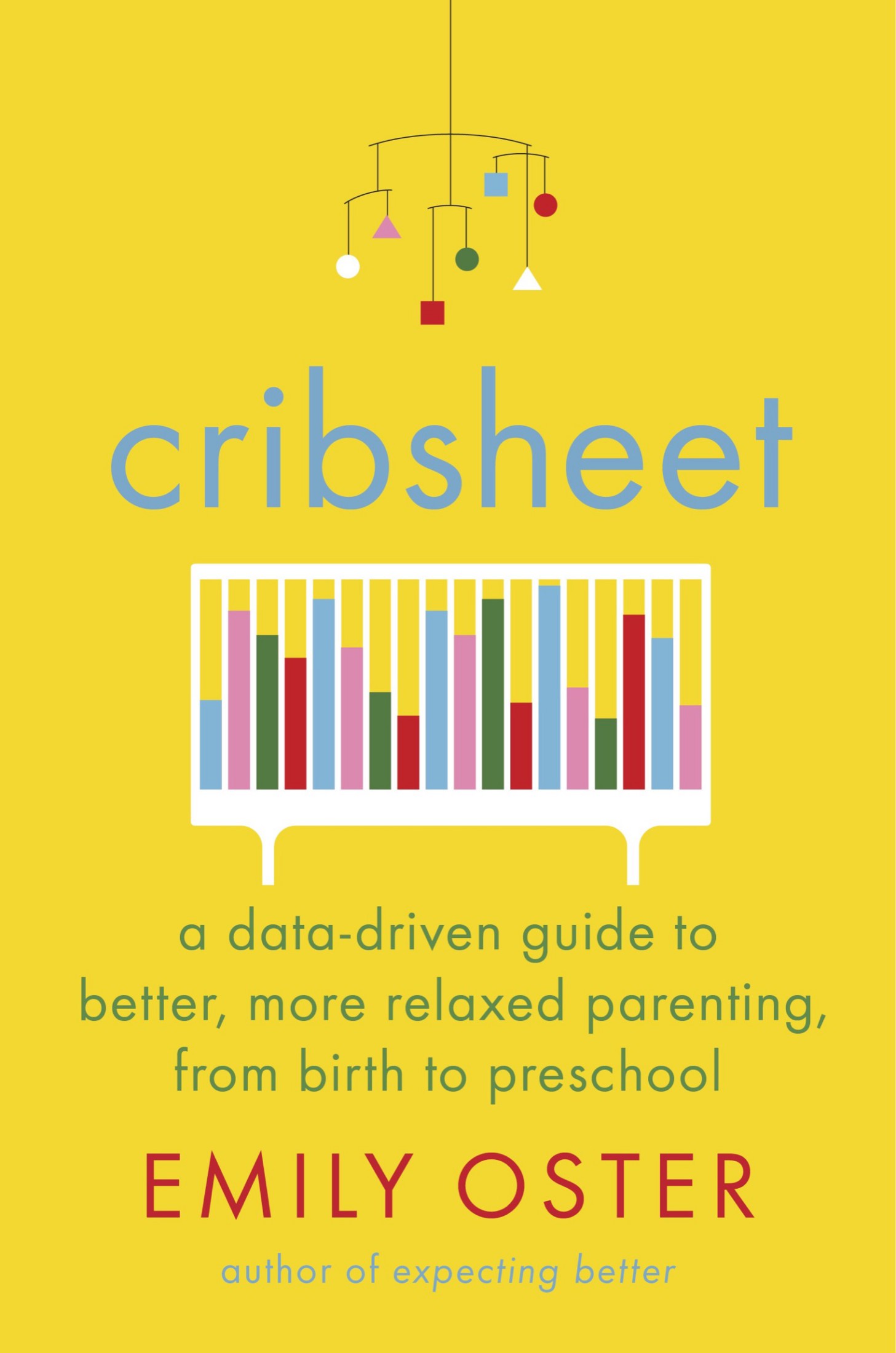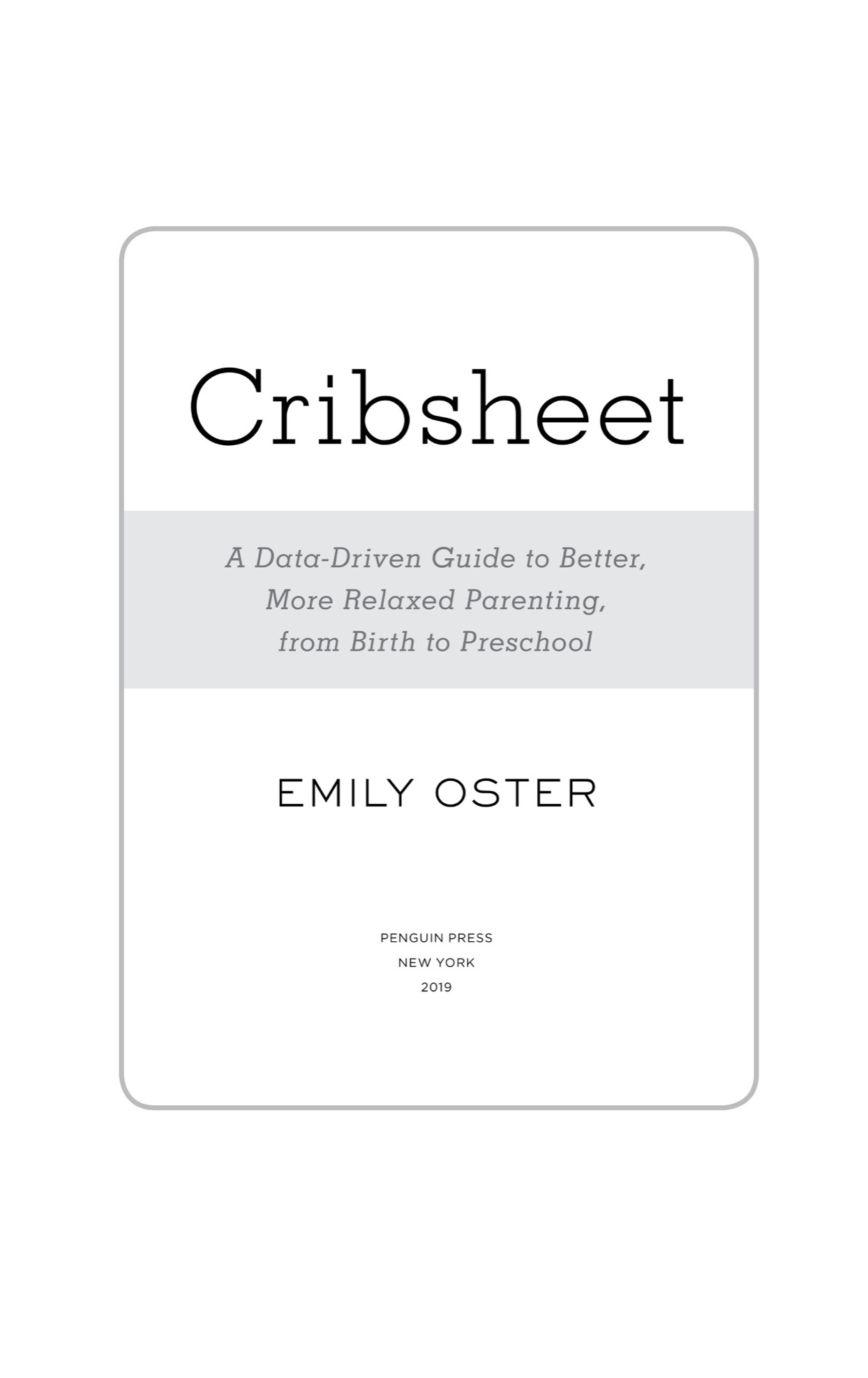ALSO BY EMILY OSTER
Expecting Better: Why the Conventional Pregnancy Wisdom Is Wrongand What You Really Need to Know
PENGUIN PRESS
An imprint of Penguin Random House LLC
penguinrandomhouse.com
Copyright 2019 by Emily Oster
Penguin supports copyright. Copyright fuels creativity, encourages diverse voices, promotes free speech, and creates a vibrant culture. Thank you for buying an authorized edition of this book and for complying with copyright laws by not reproducing, scanning, or distributing any part of it in any form without permission. You are supporting writers and allowing Penguin to continue to publish books for every reader.
: Latch diagram courtesy of Emilia Ruzicka
: Edinburgh Postnatal Depression scale: Cox, J., Holden, J., and Sagovsky, R., Detection of Postnatal Depression: Development of the 10-item Edinburgh Postnatal Depression Scale, British Journal ofPsychiatry, 150(6), page 786, 1987 Royal College of Psychiatrists, published by Cambridge University Press, reproduced with permission.
Library of Congress Cataloging-in-Publication Data
Names: Oster, Emily, author.
Title: Cribsheet : a data-driven guide to better, more relaxed parenting, from birth to preschool / Emily Oster.
Description: New York : Penguin Press, 2019.
Identifiers: LCCN 2018041564 (print) | LCCN 2018044595 (ebook) | ISBN 9780525559269 (Ebook) | ISBN 9780525559252 (hardback)
Subjects: LCSH: Pregnancy--Decision making. | Pregnant women--Health and hygiene. | Pregnancy--Economic aspects. | Parenthood. | BISAC: FAMILY & RELATIONSHIPS / Parenting / General. | BUSINESS & ECONOMICS / Decision-Making & Problem Solving. | REFERENCE / Personal & Practical Guides.
Classification: LCC RG525 (ebook) | LCC RG525 .O86 2019 (print) | DDC 618.2--dc23
LC record available at https://lccn.loc.gov/2018041564
Neither the publisher nor the author is engaged in rendering professional advice or services to the individual reader. The ideas, procedures, and suggestions contained in this book are not intended as a substitute for consulting with your physician. All matters regarding your health require medical supervision. Neither the author nor the publisher shall be liable or responsible for any loss or damage allegedly arising from any information or suggestion in this book.
Version_1
To Penelope andFinn
CONTENTS
INTRODUCTION
As infants, both my children loved to be swaddledwrapped up tightly in blankets to sleep. Our blanket of choice was something called the Miracle Blanket, which involved a complicated wrapping procedure that only Houdini himself could have escaped. We had about nine of these blankets, since we feared we would run out and have to use a swaddle covered in poop.
Swaddling is great, and it can help your infant sleep. But there is a downside: you cant use it forever. At some point, your kid will get too big and youll have to stop. Now, a first-time parent might not assume that this is a problem, but breaking the swaddle habit is no easy task.
With our daughter, Penelope (kid number one), breaking the swaddle led to worse sleep habits, followed by a long reliance on a product called the Rock n Play Sleeper, which I still have nightmares about. Other parents have told me stories of seeking secret online sources for larger-size swaddles. There are women on Etsy who will create a swaddle blanket for your eighteen-month-old. Please note: Just because there is a secret market for something on Etsy doesnt necessarily mean its a good idea.
One of the features of having a second child is you can have a do-over on all your perceived mistakes. As an experienced parent, you can make sure that anything you look back on with regret youll fix on this round. At least, thats what I thought. Breaking the swaddle was at the top of my list. I was going to do it right this time.
As Finn (kid number two) approached four or five months old, I made a plan. First, for a few days Id swaddle Finn as usual, but leave one arm uncovered. Then, a few days later, after he adjusted to that, Id take the other arm out. Then Id uncover his legs. Finally, Id dispense with the whole swaddle. The internet assured me that this way wed lose the swaddle without also losing any (hard-won) sleeping skills.
I was ready to start. I put a date on the calendar and informed my husband, Jesse.
Then, one extremely hot day shortly before the assigned start date, the power went out, and with it the air conditioning. Finns room was 95 degrees. It was approaching bedtime. I panicked. When fully deployed, the swaddle blanket was many layers of fabric. Finn would roast.
Should I keep him awake in the hopes the power would come back on? It could be days. Should I just swaddle him and figure hed be hot? This seemed irresponsible and also kind of mean. Should I just hold him while he slept and not put him in the crib at all until it cooled down? This was also very hot, and experience suggested he wouldnt sleep for long in my arms.
My best-laid plans set aside, I put him to bed in a diaper and onesie. No swaddle. I explained it to him as I nursed him to sleep, drenched in sweat.
Finn, Im sorry, but its so hot out! We cant use the swaddle. But dont worry, you can still sleep. I know you can do it! Now youll be able to suck on your fingers! Wont that be nice?
With a big smile, I put him in his crib, unswaddled, and left the room. I prepared for the worst. Penelope would have screamed bloody murder. Finn, though, just made a few surprised noises and fell asleep.
Obviously, an hour later the power came back on. By then Finn was sleeping. I asked Jesse if I should go in and swaddle him now. Jesse told me I was nuts, and collected all the Miracle Blankets for the charity bin.
As I lay in bed that night, I wondered if Finn would sleep worse now, if I should go dig the blankets out of the bin and wrap him in one. I was tempted to jump on the computer and read stories of swaddle-induced sleep regression, or lack thereof. In the end, I was too hot to follow through, and our swaddle days were over.
As a parent, you want nothing more than to do the right thing for your children, to make the best choices for them. At the same time, it can be impossible to know what those best choices are. Things crop up that you never thought abouteven with a second kid, probably even with a fifth kid. The world, and your child, surprise you all the time. It is hard not to second-guess yourself, even on the small things.
The swaddle breaking was, of course, a tiny incident. But it illustrates what will be one of the great themes of your parenting life: you have way less control than you think you do. You might ask why, if I know this to be true, have I written a guide to parenting in the early years? The answer is that you do have choices, even if not control, and these choices are important. The problem is that the atmosphere around parenting rarely frames these choices in a way that gives parents autonomy.
We can do better, and data and economics, surprisingly, can help. My goal with this book is to take some of the stress out of the early years by arming you with good information and a method for making the best decisions for your family.
I also hope Cribsheet will offer a basic, data-derived map of the big issues that come up in the first three years of being a parent. I found that hard to come by in my own experience.


